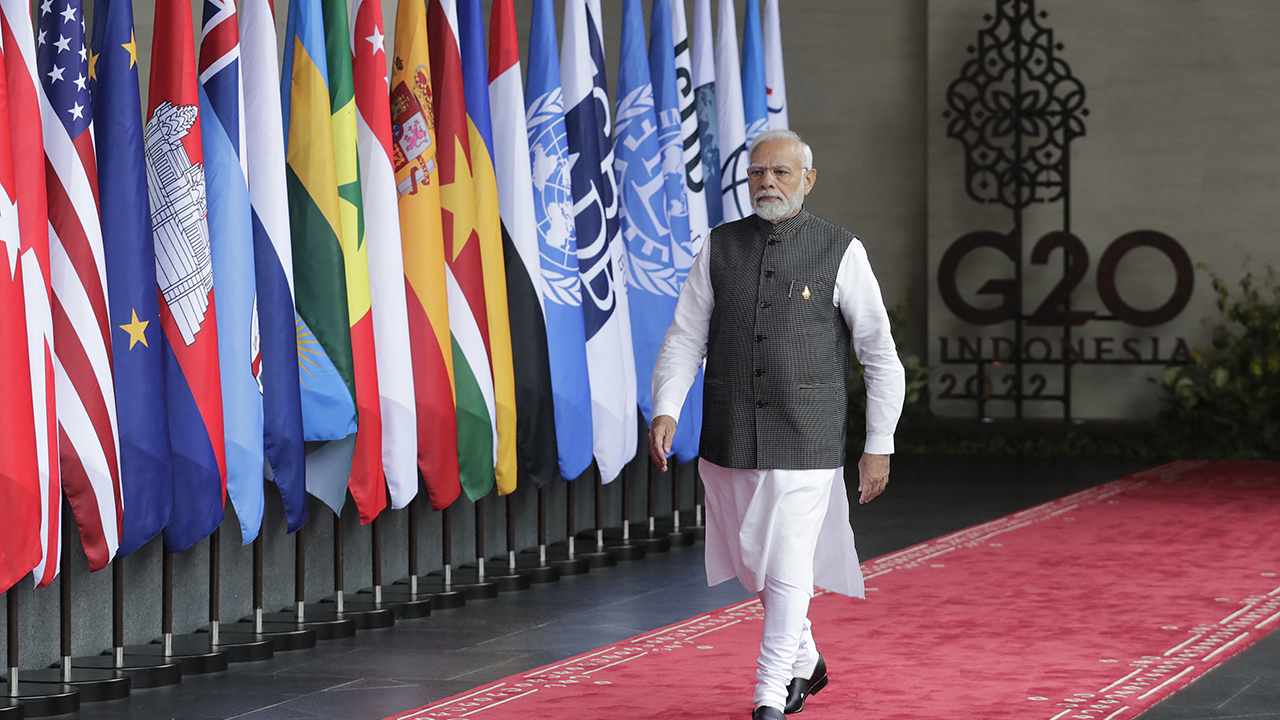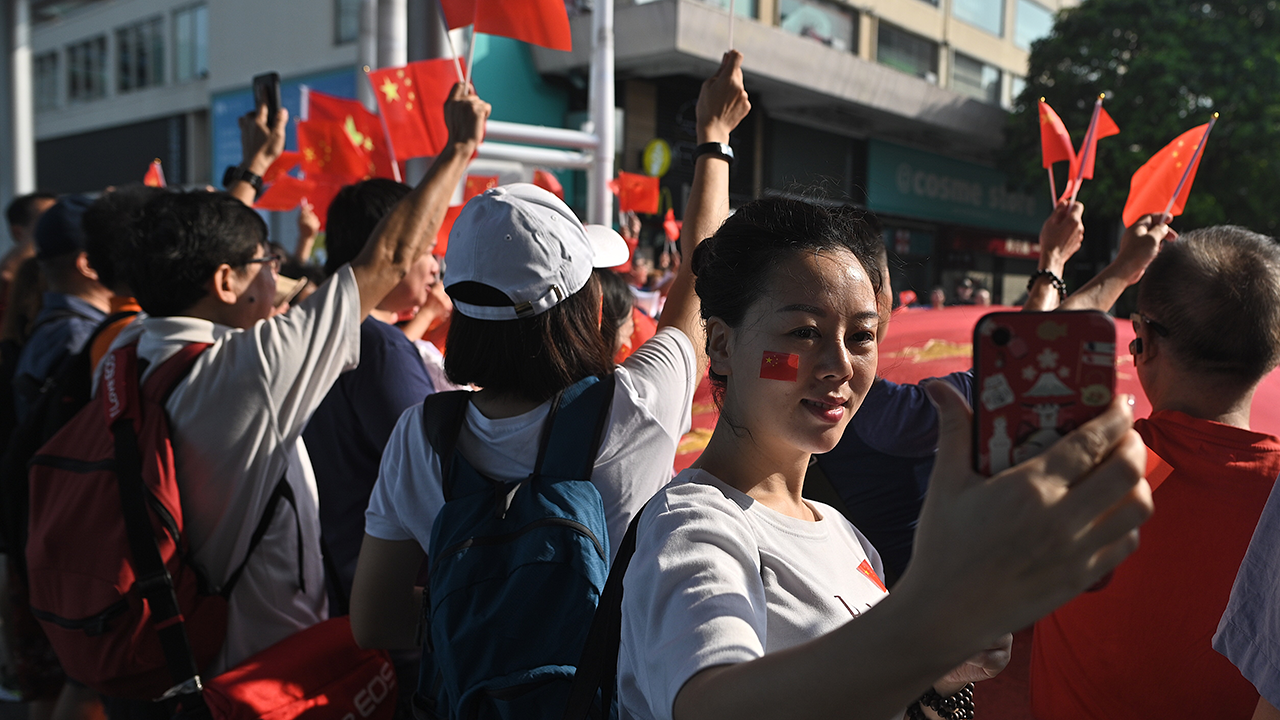Another casualty of war in Syria—citizen journalists
Professional journalists have long faced the risks of working in harm's way, but now conflicts like the one in Syria are claiming the lives of a new part of the media -- citizen journalists.
Professional journalists have long faced the risks of working in harm's way, but now conflicts like the one in Syria are claiming the lives of a new part of the media -- citizen journalists.
Americans have consistently opposed U.S. involvement in the Syrian conflict, but have offered a somewhat different response when asked how they would respond if there is proof that President Bashar Assad’s forces attacked civilians with chemical weapons.
The recent spate of violent military crackdowns on civilians in Egypt has apparently caused the Obama administration to begin reevaluating aid to Cairo. But when it comes to Egyptian public opinion, cutting U.S. assistance may not provide Washington with as much leverage as many think.
Overview With violence continuing to rage in Egypt, 51% of Americans say it is better for the United States to cut off military aid to Egypt to put pressure on the government. This is nearly double the percentage (26%) saying it is better to continue military aid to the government in order to maintain influence […]
Although China's trade ties with and economic influence on its Asian and Pacific Rim neighbors are greater than ever, that's doesn't automatically translate into warmer feelings toward the People's Republic among publics in the region.
On the 68th anniversary of Japan's surrender in World War II, publics in some countries in Asia -- notably South Korea and China -- believe that Japan still has not sufficiently apologized for its actions during the conflict.
In China, one of the greatest economic transformations in history is taking place, as millions move from poverty into the middle class.
Prime Minister Antonis Samaras of Greece visits the White House for the first time today, at a time when anti-U.S. feeling in his country is running high.
Across 12 countries, a median of 40% of adults say they have no confidence in Indian Prime Minister Narendra Modi to do the right thing regarding world affairs. About eight-in-ten Indians have a favorable view of Modi.
Majorities in most countries say China does not take into account the interests of other countries in its foreign policy, and China does not contribute to global peace and stability.
Across 24 countries, large shares have an unfavorable view of Russia and no confidence in Putin to do the right thing regarding world affairs.
Overwhelmingly, people believe the U.S. interferes in the affairs of other countries, but most also believe the U.S. contributes to peace and stability around the world. U.S. President Joe Biden receives mostly positive reviews.



